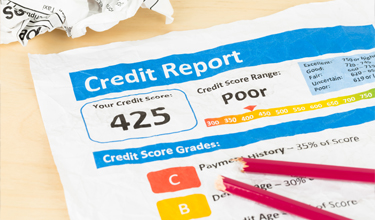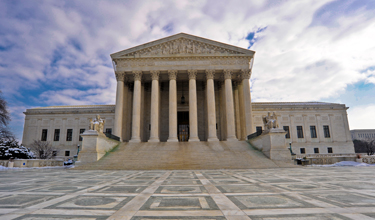The commercial litigation lawyers from the Law Offices of Paul A. Humbert, P.L. specialize in representing businesses through variable disputes. We are able to guide you and your company through any commercial dispute that may arise. We have successfully negotiated on behalf of a number of clients. This includes mortgage broker issues with financing and mortgage loans, breach of contract claims, real estate disputes, and also fraud claims.
Commercial Litigation and Business Disputes
- Foreclosure litigation
- Pursuit of Deficiency Judgments
- Receivership and Assignment of Rents Litigation
- Contract Disputes, Unpaid Invoices & Accounts Stated
- FDCPA, FCRA and other Consumer Protection Litigation
- Credit Damage Enforcement Claims
- Fraud Claims
- Landlord/Tenant Evictions and Disputes
- Real Estate Litigation
- State and Federal Appeals


FORECLOSURE LITIGATION
Foreclosure litigation can be stressful but we, at Paul A. Humbert, P.L., work hard to make sure you secure your collateral.

PURSUIT OF DEFICIENCY JUDGEMENTS
In the event recovery and sale of the Plaintiff’s secured collateral is insufficient to satisfy the unpaid obligations, a deficiency judgment can assist in making up the shortfall.

RECEIVERSHIP & ASSIGNMENT OF RENTS LITIGATION
Don’t waste your secured collateral, a receivership can be the tool you need as a mortgage holder to conserve that collateral.

COMMERCIAL CONTRACT DISPUTES & MORE
Contract disputes happen. Consulting with a business law attorney early in the process can help you protect your rights while reclaiming what is yours.

FDCPA, FCRA & OTHER CONSUMER PROTECTION LITIGATION
If you know a creditor violating FDCPA or FCRA laws or if you’re facing a lawsuit alleging violations, we can help you.

LANDLORD/TENANT EVICTIONS & DISPUTES
Landlords have the power to evict. However, if they fail to abide by the strict mandates of the stature, they can lose their power for good.

CREDIT DAMAGE ENFORCEMENT CLAIMS
When a violation of the FCRA occurs, a consumer can file for damage of credit in order to receive additional recovery.

FRAUD CLAIMS
People can be greedy and sometimes that greed can lead to fraudulent documents that demand immediate action.

REAL ESTATE LITIGATION
Real estate disputes range from title disputes to purchase and sale agreements. No matter the dispute, we can help solve it.

STATE & FEDERAL APPEALS
Our vast experience makes us equipped to deal with any type of court, but feel free to contact us for more information.
We are here to help YOU with any business litigation matter you may have!
